Amla International Translations
From humans rights advocate to Lake Street small business owner
Photo by Uche Iroegbu
To say that Paul Amla is just a small business owner would be an understatement. Paul fled his native Togo at the age of 18 in 1993, as the political situation in the country became increasingly unstable. After spending two years in Benin, he moved to the United States as a refugee and by 2007, Paul had completed a Master’s Degree in Education, Human Resources & Organizational Development with a minor in Human Rights from the University of Minnesota.
Through this journey he learned the value of education and the need to support and speak out on behalf of struggling and underrepresented communities—and built a lifelong commitment to advocating for human rights globally.
His first-hand experience of being a refugee in the United States with little knowledge of English or American culture led him to start his own business, Amla International Translations, in 1999. Paul saw it as a way to help facilitate and ease the assimilation process for others like himself. Over the past 20 years, he grew the business to work with over 200 consultants and offer translation and interpretation for over 150 languages.
“We were close to being evicted and this grant has helped us get back on our feet and save the business. It will help my business readjust for the future.”
Paul Amla, Amla International Translations owner
Like many other businesses, COVID brought Amla Translations to a halt and forced Paul to readjust and downsize. In-person interpretation services saw a huge decline and more lucrative out-of-state contracts for rare languages were no longer possible. Despite this, Paul was still working late nights at his office in the North Star Mini Storage building near 4th Ave and Lake Street, which he moved into just two years ago, after spending 15 years near Bloomington Ave and Lake Street.
During the civil uprising after George Floyd’s murder, Paul’s office was looted and vandalized. Without insurance to cover the damage, Paul estimated he would need a modest $9,500 to replace the physical items that were destroyed or stolen, but the loss of revenue took a real toll on the business.
The gratitude in Paul’s voice is evident when he says how grateful he is for the We Love Lake Street grant, “We were close to being evicted and this grant has helped us get back on our feet and save the business. It will help my business readjust for the future.”
After setting up remotely while the building undergoes repairs, Paul’s operations are down about 50%. He plans to use his grant funding to rehire interpreters, replace equipment, and make his connections in the community stronger to bring in more revenue.
He believes that there is hope for the future—that Lake Street will be operational again very soon. “I believe a lot of businesses on Lake Street are made up of people who really want to make a difference in our community. Myself, personally, I want Lake Street to be back to where it was before Covid, before the riots. We shall overcome. I’m determined we will rise again together.”


